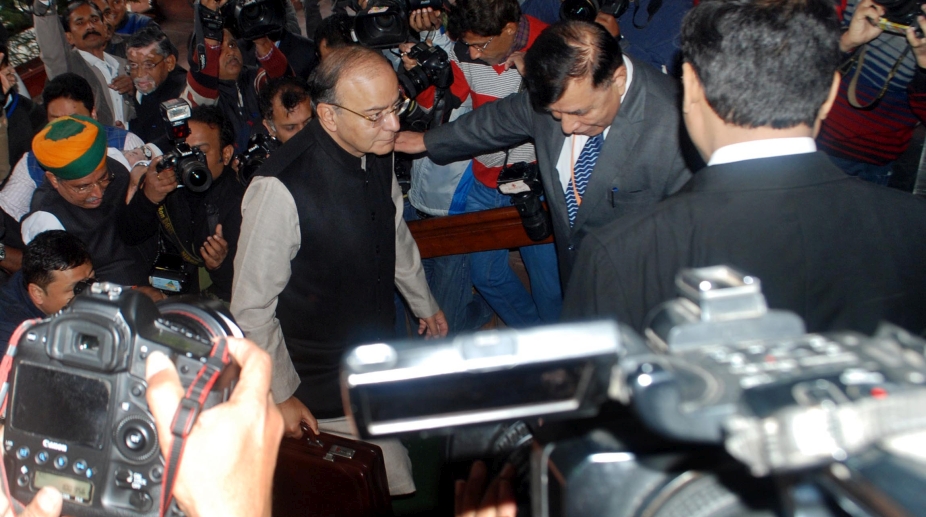The much awaited Union Budget 2017-18 was presented on Wednesday by Finance Minister Arun Jaitley. While many politicians from the opposition parties termed it an anti-farmers budget and one which only provides only lip service, many from the industry, corporate and education sector gave it a thumbs up. However, the health sector has been largely ignored if one goes by the experts.
"The government’s decision to open 100 international skill centres is a great initiative and will further provide a boost to the ongoing work to map India's skill sector to international skills sector. The launch of these centres will be a good step to make sure that all the labour going out of the country will be certified labour," said Siddharth Chaturvedi, director of AISECT -a social enterprise working in the areas of Skill Development, Higher Education, Financial Inclusion.
"Further, the budget also focuses on making provisions for the development of rural India. The fundamental infrastructural changes related to road, housing and electricity in rural areas proposed in the Union Budget will go a long way to improve the quality of life in rural India. The government’s focus on quality skills in rural India will help rural areas break away the employability barrier that currently exists because of lack of quality skills-based education in those areas," he added.
However, those from the health sector were not too happy with the sector not being given much attention in the Budget.
"Hospitals in rural areas should have been given infrastructure status. It's a positive Budget with a clear intention of the government to work towards reducing the cost of medical devices," said Dr S Gurushankar, Chairman, Meenakshi Mission Hospital , Madurai.
"However, it is unclear how this will be achieved. One can only hope that the customs duty on medical devices comes down as most of these are imported. This will bring down the cost of setting up a hospital," he said.
"Although the Budget addressed several areas positively, it has left some urgent needs unfulfilled. About 85 per cent of all hospitals in India are in the private sector. They are the ones largely dealing with non-communicable diseases such as cancer, diabetes and cardiovascular conditions and not government hospitals.
"Sadly, there was nothing in the Budget to empower private healthcare players in rural areas. Hospitals in rural areas should have been given infrastructure status. A ten-year tax holiday for starting new hospitals in rural areas could have been given to incentivize healthcare entrepreneurs to venture beyond the cities," he rued.
On the corporate front, Kenny Ye, GM-Overseas Business, Alibaba Mobile Business Group, said, "Abolishing of FIPB- a body that clears proposals envisaging foreign investment up to INR 5,000 crore is a bold step and further liberalisation of Foreign Direct Policy (FDI) will cheer foreign investors.
"While last year’s auctions removed spectrum scarcity in the country, expansion of Bharat Net project will ensure high-speed broadband to 1.5 lakh gram-panchayats via Wifi.
"Further reduction of corporate tax for MSMEs is a welcome step but larger Indian conglomerates looking to compete with global peers will continue to find the tax rate challenging," he added.
From the education sector, Akshay Munjal, President, BML Munjal University, said, "There are many welcoming initiatives in the Budget that will bolster the education industry in India."
"The launch of Swayam platform, upliftment of 3,479 educationally backward blocks, setting up of the National Testing Agency and 100 skill centres across India will make quality education accessible and available to the masses and will help empower a generation of future leaders. This will lead to an overall improvement of educational facilities throughout the country, particularly in Tier-II and Tier-III cities," he added.











